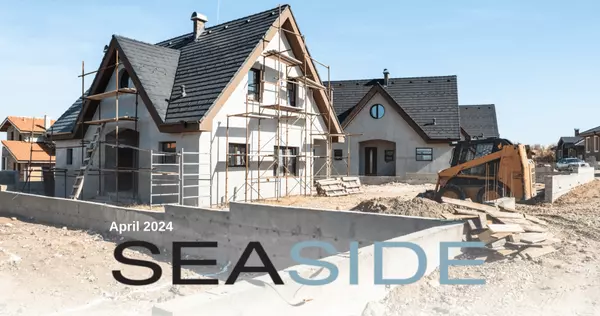Ready to deal in a changing market? Why acting strategically is smarter than waiting for the bottom

By Randall Mang, Engel & Völkers Vancouver Island | Published
Dale Carnegie famously said, “Inaction breeds doubt and fear. Action breeds confidence and courage. If you want to conquer fear, do not sit home and think about it. Go out and get busy.”
In the context of today’s shifting real estate market, these words of wisdom could be well heeded by buyers and sellers now watching from the sidelines.
Meanwhile, others are making calculated moves that factor variables such as interest rate increases, falling home prices, and the arrival of new laws that will affect real estate transactions.
In my experience, capitalizing in a shifting market is founded on research, strategic planning and action that starts with sound advice.
For example, interest rate rises are affecting both home prices – and purchasing power.
Scott Travelbea, a mortgage specialist with DLC Travelbea & Associates in Victoria, says consumer buying power has decreased 18% since interest rates began their climb in March. “Someone who qualified for a $1 million purchase with a $200,00 down payment in the spring now qualifies for a $654,000 mortgage with same down payment. Their purchasing power has dropped to $854,000.”
While the softening market has opened the door for negotiations, September’s Victoria Real Estate Board statistics indicate prices of condos, townhomes and single-family dwellings saw modest year-over-year gains.
It’s also important to consider how new federal and provincial regulations will affect real estate. Among them, the BC government’s Home Buyer Recission Period (HBRP) will come into effect in January 2023.
Del Elgersma, a partner at Beacon Law in Sidney, says while he does not expect the HBRP to have a significant impact on real estate transactions, it adds complications.
For example, he says, “For buyers, I don’t think it will be very helpful. Most real estate contracts already include ‘subject conditions’ [e.g., building inspection, financing] that give the buyer a period of time [usually seven to 10 days] to complete their due diligence, and to terminate the contract if the conditions are not satisfied.”
While the HBRP aims to discourage “subject-free” offers, Elgersma notes it will only give buyers “three business days after an offer is accepted to rescind the contract.”
For sellers, however, the HBRP adds risk. While buyers who use the recission period to back out of a deal will be required to pay a .25% penalty ($2,500 for a $1million property, for example), Elgersma says it may not be easy for sellers to recover this fee.
“In cases where the buyer has not yet paid a deposit, the seller will likely have to sue the buyer in small claims court to obtain the fee.”
Generally speaking, beyond garnering input from various professionals, my advice to sellers is to maximizing upside by anchoring price negotiations in bottom-line financial goals. Assuming buyers plan to hold investments longer term (min 5 years, for example), factoring potential price declines into offers will provide a buffer against mid-range risk.
For example, I recently helped a client negotiate an accepted offer of $440,000 on a Victoria area condo originally listed for $525,000. A close look at recent sales reveals that deals like this are happening now.
Some things are certain: The housing inventory shortage will persist for the foreseeable future. We live in one of the most desirable jurisdictions in Canada, if not the world, to live.
While others stand by, now is the time to negotiate and capitalize.
To learn more, visit RandallMang.com
Categories
Recent Posts











